Taliban foreign minister arrives in Iran for talks in first official visit
The Taliban foreign minister, Amir Khan Muttaqi, has arrived in Tehran at the head of a high-ranking delegation to hold talks with Iranian officials in the first such trip to the neighboring country since the group seized power.
"The visit aims at discussions on political, economic, transit and refugee issues between Afghanistan and Iran," the Taliban Foreign Ministry spokesman Abdul Qahar Balkhi said in a Saturday tweet.
The visit aims at discussions on political, economic, transit and refugees issues between Afghanistan and Iran. A preliminary meeting for the visiting delegation was held in Storai Palace, MoFA, where significant issues were assessed and included in the agenda.
— Abdul Qahar Balkhi (@QaharBalkhi) January 8, 2022
He added that a preliminary meeting for the visiting delegation was held in the Afghan Foreign Ministry, "where significant issues were assessed and included in the agenda."
Iran has repeatedly announced that the establishment of peace and stability in Afghanistan is only possible through the formation of a broad-based government in the war-ravaged country.
“We believe that sustainable security, and political and social stability in Afghanistan are possible only through real collective participation and an inclusive and effective government in which all ethnicities and religions play a role,” Iran’s Foreign Minister Hossein Amir-Abdollahian said while addressing the 17th Extraordinary Session of the Organization of Islamic Cooperation (OIC) Council of Foreign Ministers in Islamabad, Pakistan, last month.
Iran has been hosting millions of Afghan migrants and refugees in recent decades but got sanctions instead of receiving financial support.
In an address to a UN Security Council meeting in November, Iran's permanent ambassador to the United Nations Majid Takht-Ravanchi warned that Afghanistan's neighbors should be helped out as they scramble to handle the outflux of refugees that has been created by decades of American adventurism in the Central Asian country.
"Let’s be straightforward. This is not a local challenge and Afghanistan’s neighboring must not be left alone and expected to address this extremely difficult challenge single-handedly," Takht-Ravanchi said.
Houthi: Yemen’s hypersonic missiles have surprised enemy
Israel makes deepened incursion into Lebanon despite truce
IRGC intelligence forces capture agent linked to foreign espionage service
VIDEO | Palestinians in Yarmouk Camp cling to hope and determination
Israel preparing to stay in southern Lebanon after ceasefire: Report
Israeli pressure on Hamas ‘hardly helped’; swap deal necessary: Ex-Mossad chief
Far-right Israeli minister Ben-Gvir again storms al-Aqsa Mosque
Iran: Israel’s attack on journalists’ vehicle in Gaza amounts to ‘war crime’


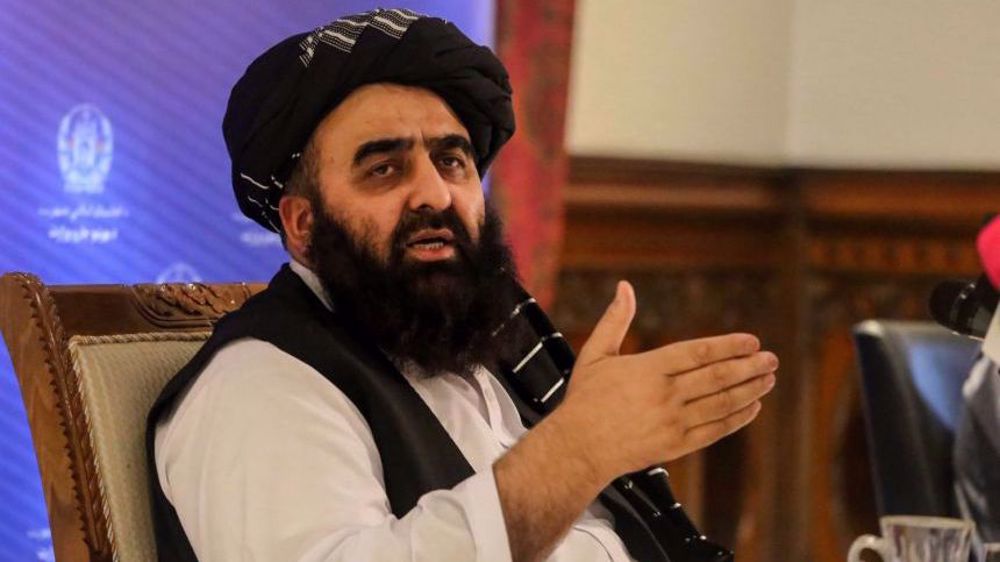
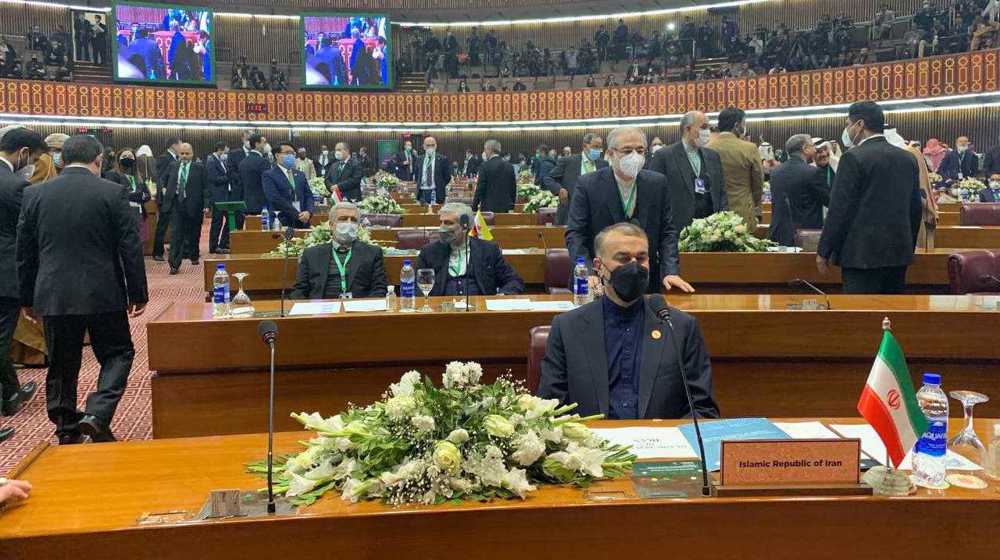
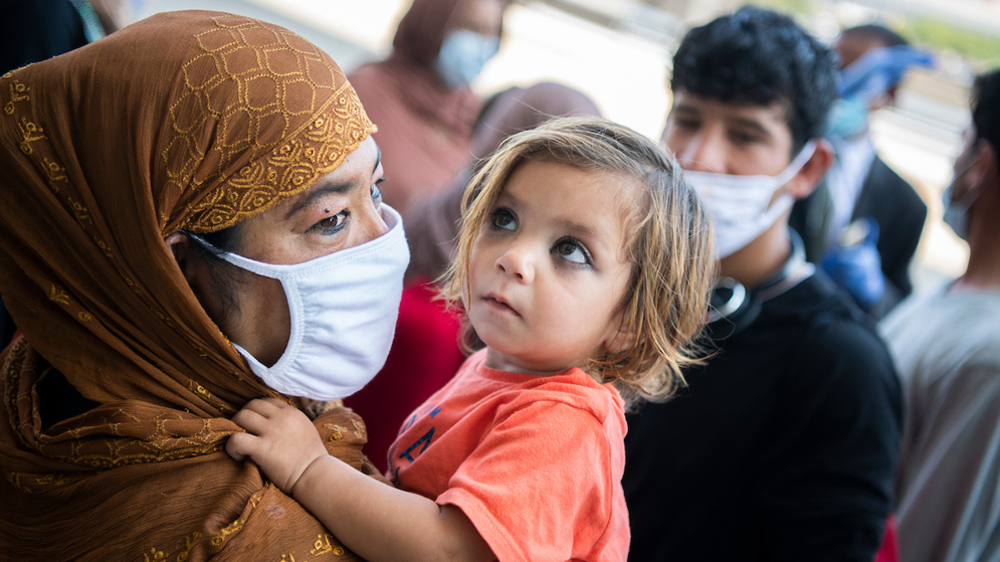
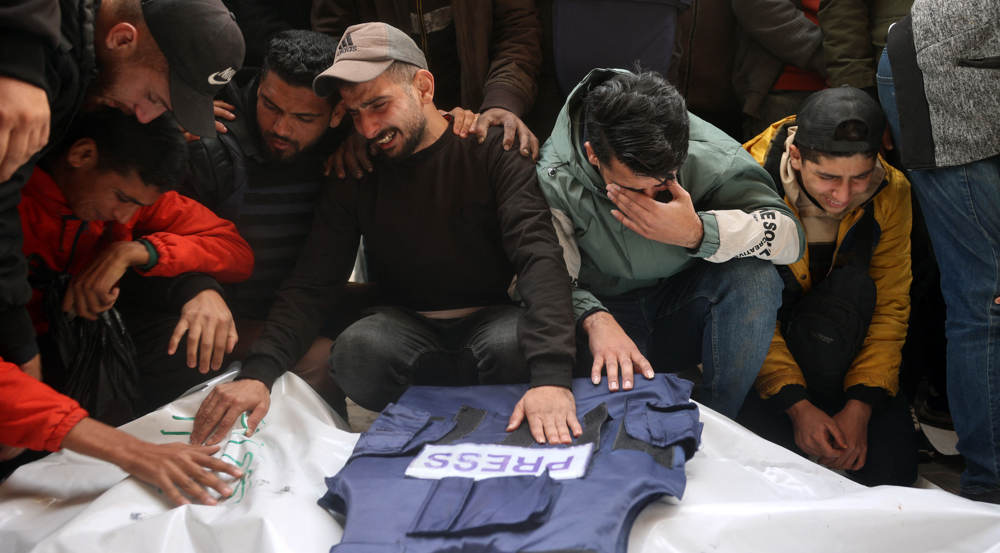
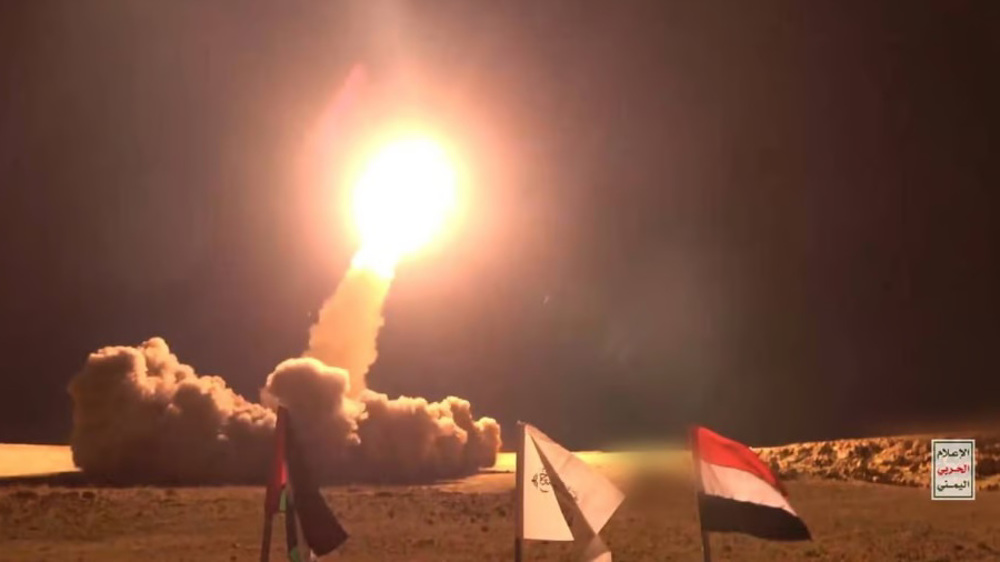
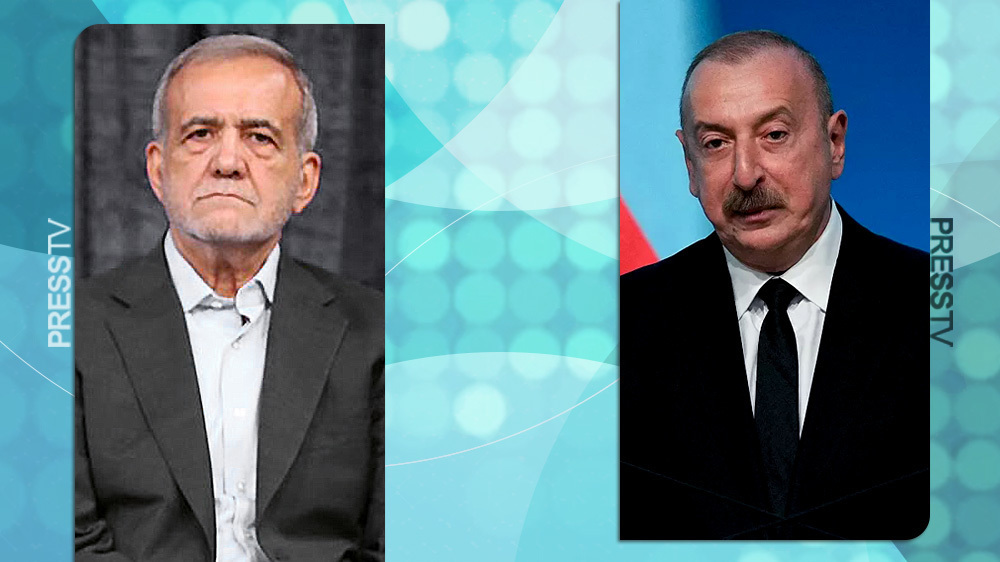




 This makes it easy to access the Press TV website
This makes it easy to access the Press TV website